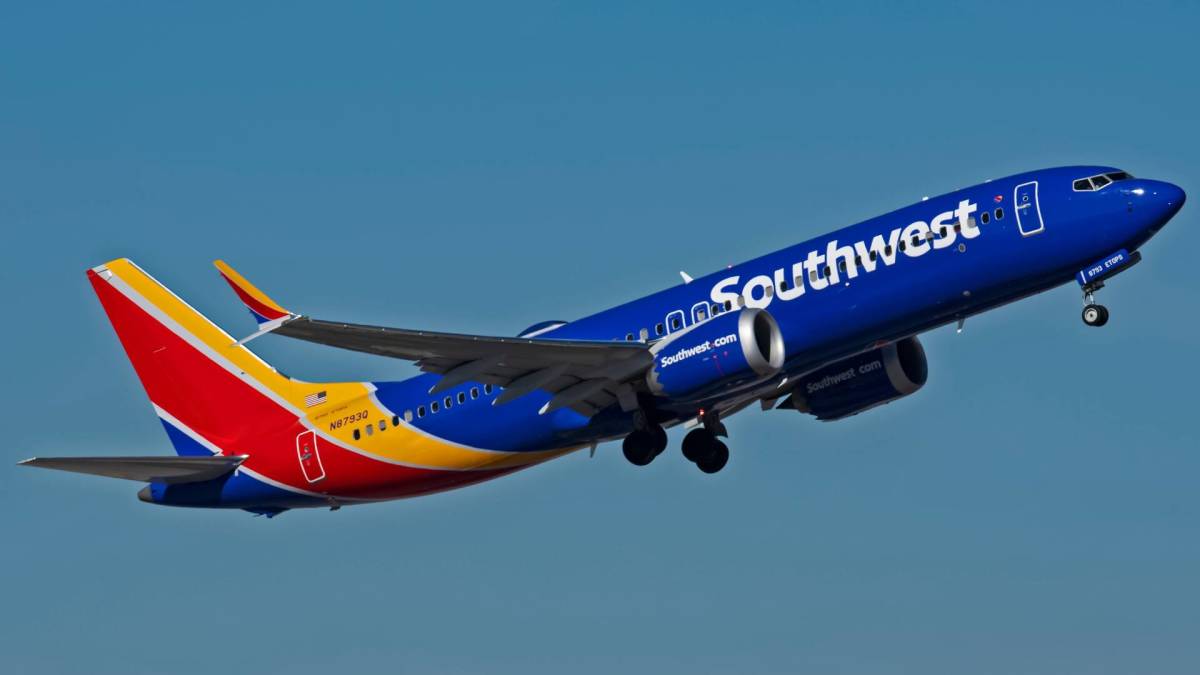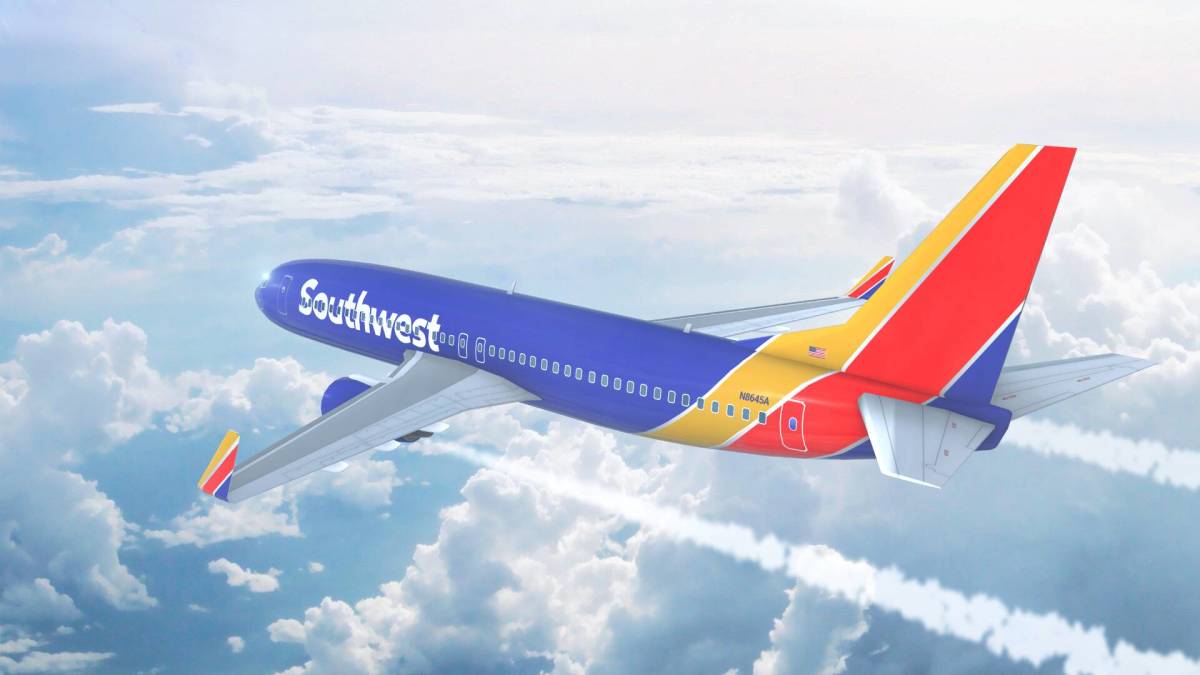
Dallas-based Southwest Airlines (LUV) treats its passengers differently than other carriers in one key way.
Most airlines require passengers to select their seats, based on a number of factors, and then compel the travelers to use their assigned seats.
Related: Southwest Airlines makes big pricing change passengers will love
This is not the case at Southwest, which uses a boarding process it calls open seating.
Rather than booking an assigned seat, passengers are assigned a boarding group, generally based on how early in the process they check in. Travelers can do this as early as 24 hours before a flight's departure.
When Southwest fliers check in, they are assigned a boarding group — either A, B or C. They are also assigned a number between one and 60 within that boarding group.
Passengers board the Southwest aircraft in the assigned order and then they can select any seat they want.
But some passenger groups include one traveler with an earlier boarding assignment than the others, which leads to that person saving one seat or more, depending on how many people they are traveling with.
And this is where some controversies can get started.
Southwest stays out of seating arguments
As the airline has stated publicly, Southwest does not have a "specific policy for or against saving seats."
Taking an indifferent approach to the practice releases flight attendants from the difficult task of attempting to enforce a ban on seat-saving. The airline appears to have decided that it's better to let passengers settle these decisions themselves.
Most passengers take an approach of tolerance to observing others save seats. But sometime patience is tested.
For example, one Southwest passenger (who said he had a good A group boarding pass) was looking forward to sitting in an exit row, likely for the extra legroom those rows provide.
Hey @SouthwestAir I’m an “A List” guy who flys a lot and you do a great job
— Tom Ward (@tomwardofficial) March 28, 2022
But I had a good “A” boarding on my flight home and wanted an exit row but one lady was holding 3 rows for her family! 😡
How does this stuff go on?! pic.twitter.com/l1WiL0Qdyn
Only one passenger in a group of travelers needs to board early to save seats for others. The traveler can purchase a Business Select fare or pay for Early Bird check-in, which allows fliers to check in earlier than the 24-hour window before departure.

Shutterstock
Southwest passengers have other motives
Not only do Southwest customers use the carrier's policy of staying away from seat-saving rules to reserve seats for people traveling with them, but they also can use the policy to strategize for their own personal comfort.
@SouthwestAir open seating should NOT allow seat saving🤬 pic.twitter.com/WwhPGIgqb1
— Tamz Gibson (@1TamzG) May 1, 2023
One method is to pretend as if they are saving a middle seat, for example, for a fellow traveler, but they in fact are placing bags or other items on that seat in the hopes that nobody will sit in that seat, giving the passenger more room during the flight.
But this, of course, only works on flights that haven't been announced as being completely full. This happens with less regularity over recent years, as airlines have been focusing more aggressively on proven strategies to fill flights.
"You can't really save seats if you're not traveling with someone else, but you can defend an open seat," wrote Gary Leff of View From the Wing on March 12.
Southwest is seen by many to have the best value for average passengers among U.S. airlines. The carrier does not charge for two checked bags and has the most legroom in regular coach.
"But to really make the most of your Southwest experience, since unlike on other airlines you have some measure of control over who sits next to you if anyone does at all, you need to strategize during boarding to give yourself the best flight possible," wrote Leff.
Related: Veteran fund manager picks favorite stocks for 2024







